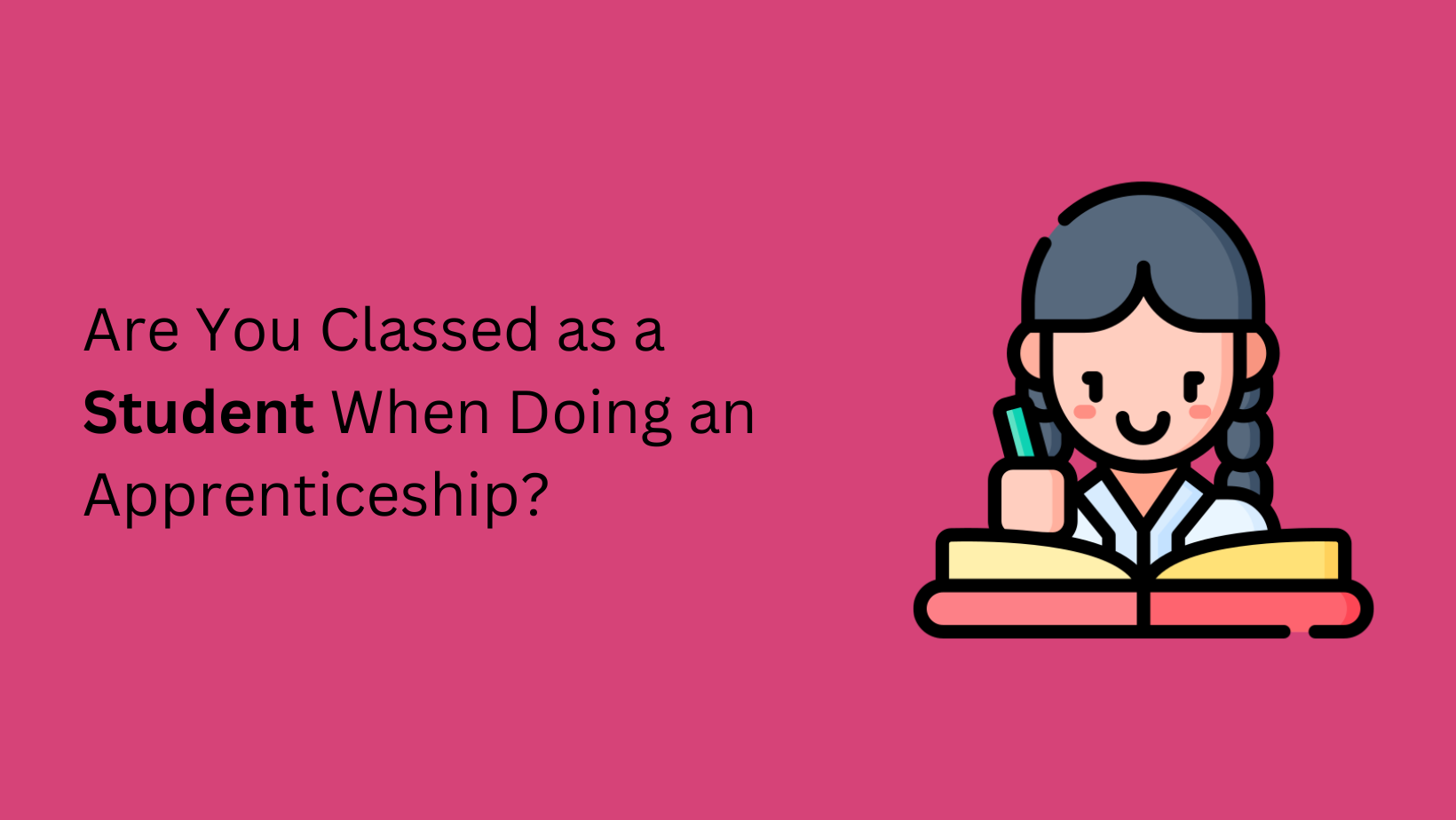Apprenticeships are an excellent way to gain practical skills and knowledge while earning a wage. However, you may be wondering, “Are you classed as a student when doing an apprenticeship?”
Embarking on an apprenticeship is an excellent way to kick-start your career by gaining practical skills and industry-specific knowledge. However, there might be some confusion about whether you are considered a student when undertaking an apprenticeship.
In this article, we will delve into the details to clarify the status of apprentices and explore the key aspects that define their educational journey.

What is an Apprenticeship?
An apprenticeship is a form of work-based training that combines on-the-job learning with classroom instruction. It allows individuals to gain hands-on experience in a specific trade or profession while earning a wage. Apprenticeships typically involve practical training, mentorship, and theoretical education, equipping learners with the skills and knowledge needed to excel in their chosen field.
Apprenticeship Programs and Learning Environments
Apprenticeships encompass a structured learning framework that involves both practical and educational components. As an apprentice, you will spend significant time working alongside experienced professionals in a real work setting. This on-the-job training allows you to apply theoretical concepts to practical scenarios, honing your skills and deepening your understanding of the trade.
Additionally, apprenticeships often include formal education within the workplace or at an external educational institution. These educational components may include classroom-based sessions, workshops, or online learning modules. This theoretical education complements the practical experience gained in the workplace, providing apprentices with a well-rounded understanding of their chosen field.
Apprenticeship Contracts and Employment
You enter into a legally binding contract with an employer when you undertake an apprenticeship. This contract outlines the terms and conditions of your apprenticeship, including the duration, wage, working hours, and training arrangements. In addition, as an apprentice, you are considered an employee of the company or organisation that hires you, entitling you to certain employment rights and protections.
While you may be an employee, it is important to note that apprenticeships are primarily focused on learning and skill development. The employer understands that you are still in the early stages of your career and will provide guidance, support, and opportunities to enhance your skills.
Student Status and Benefits
Regarding your student status, apprenticeships are unique as they straddle the line between a student and an employee. However, apprentices are generally considered students because they engage in educational activities alongside their practical work.
This student status brings certain benefits. For example, as an apprentice, you may have access to financial assistance, such as training subsidies or grants, to help cover the costs of your education and training. Moreover, you may also be eligible for other student-related benefits, such as discounted travel fares or access to educational resources.
Apprenticeship Completion and Qualifications
You will typically receive a nationally recognised qualification or certification upon completing an apprenticeship. The exact qualification will depend on the apprenticeship program and the requirements set by relevant educational bodies or industry authorities. These qualifications acknowledge the skills, knowledge, and competency you have attained during your apprenticeship, boosting your employability and career prospects.
Summary
Apprenticeships offer a unique blend of on-the-job training and classroom-based education. Apprentices are considered employees and students, benefiting from practical experience while undergoing formal education. This dual status provides apprentices with valuable learning opportunities, financial support, and the potential to achieve industry-recognised qualifications. If you are considering an apprenticeship, it is important to familiarise yourself with the specific terms and conditions of the program to fully understand your rights, responsibilities, and the educational journey ahead.
